Intro
In today’s fast paced digital world, the convergence of artificial intelligence (AI) and automation has emerged as a transformative force, reshaping industries, and revolutionizing the way we work and live. From streamlining business operations to enhancing customer experiences, the integration of AI and automation holds immense potential to drive efficiency, innovation, and growth across various sectors.
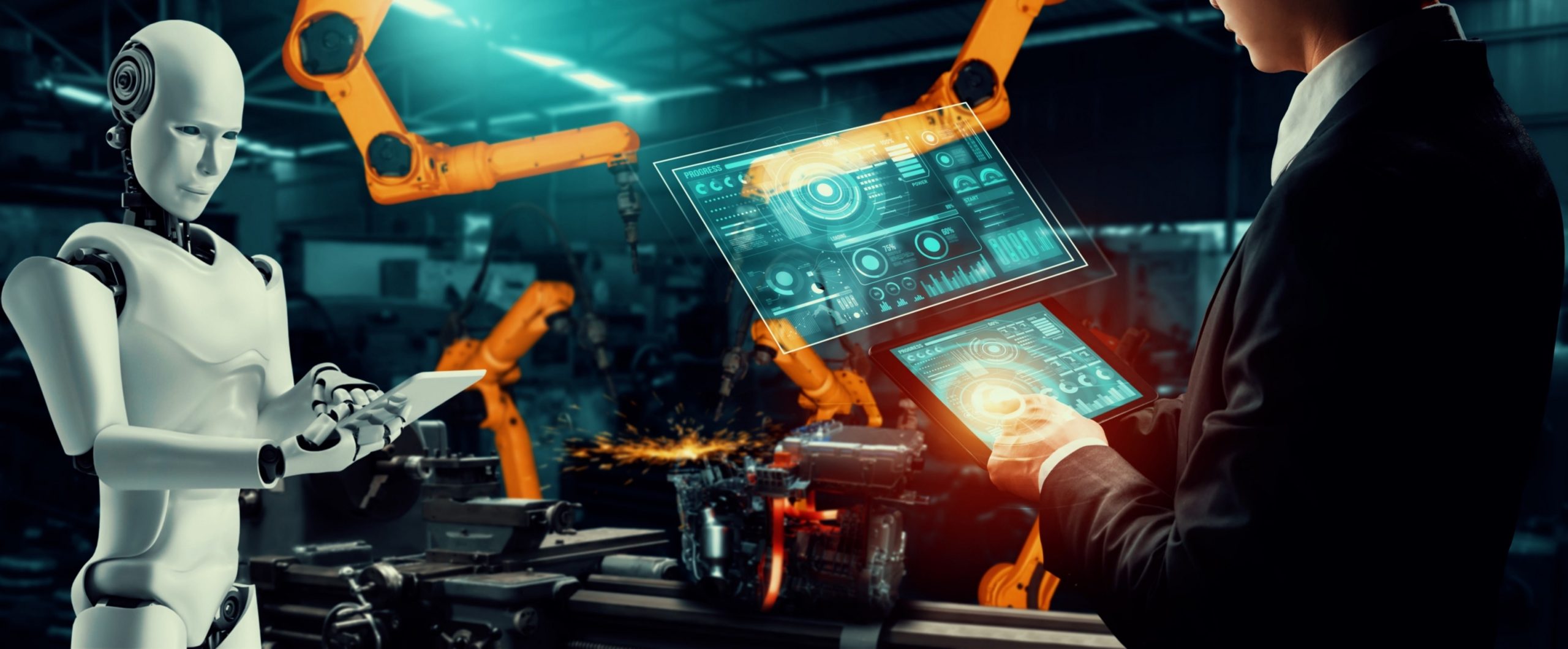
What is AI?
At its core, AI refers to the simulation of human intelligence in machines, enabling them to perform tasks that typically require human cognition, such as learning, reasoning, and problem solving. By leveraging algorithms, data analytics, and machine learning techniques, AI systems can analyze vast amounts of data, extract meaningful insights, and make informed decisions in real time.
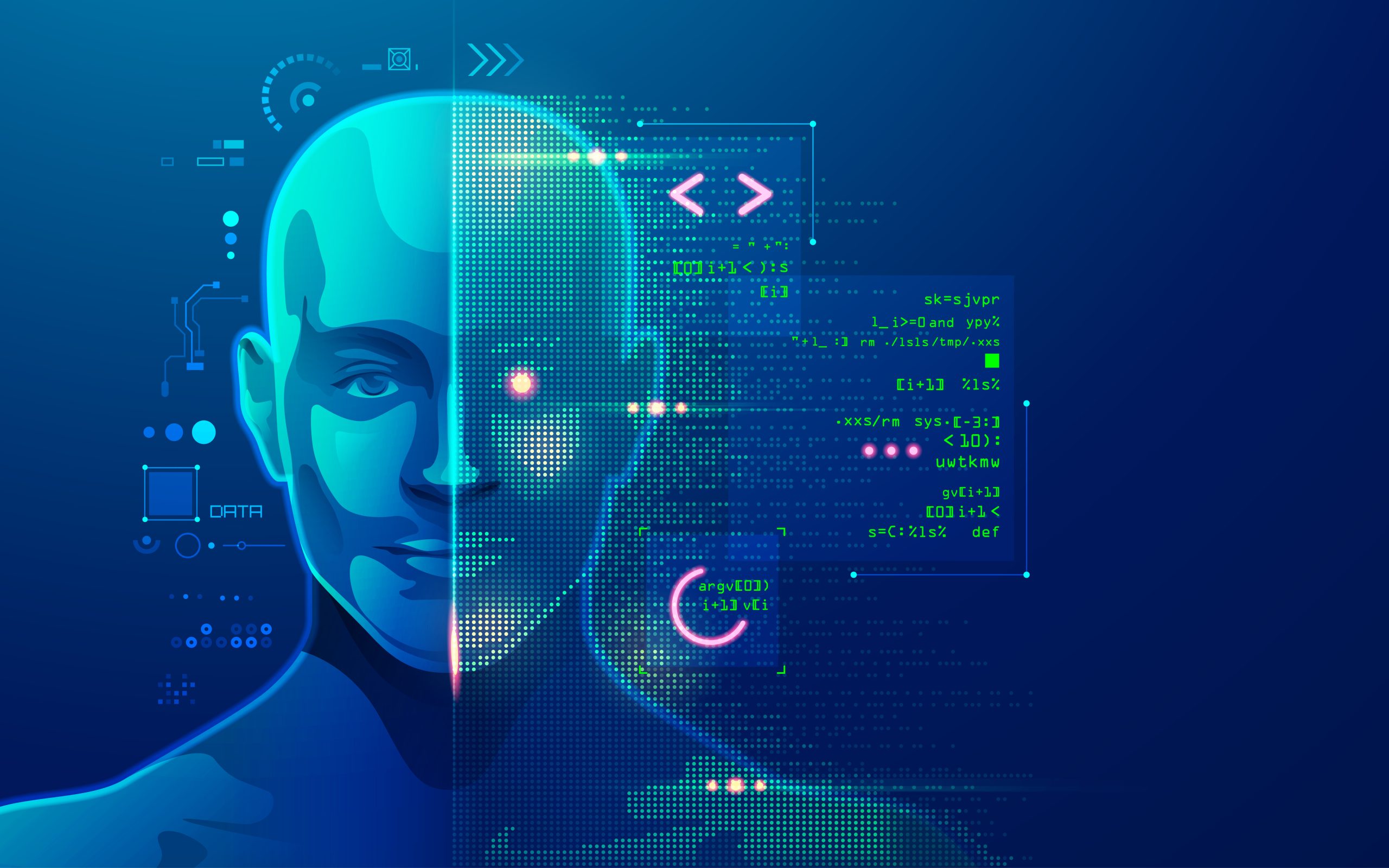
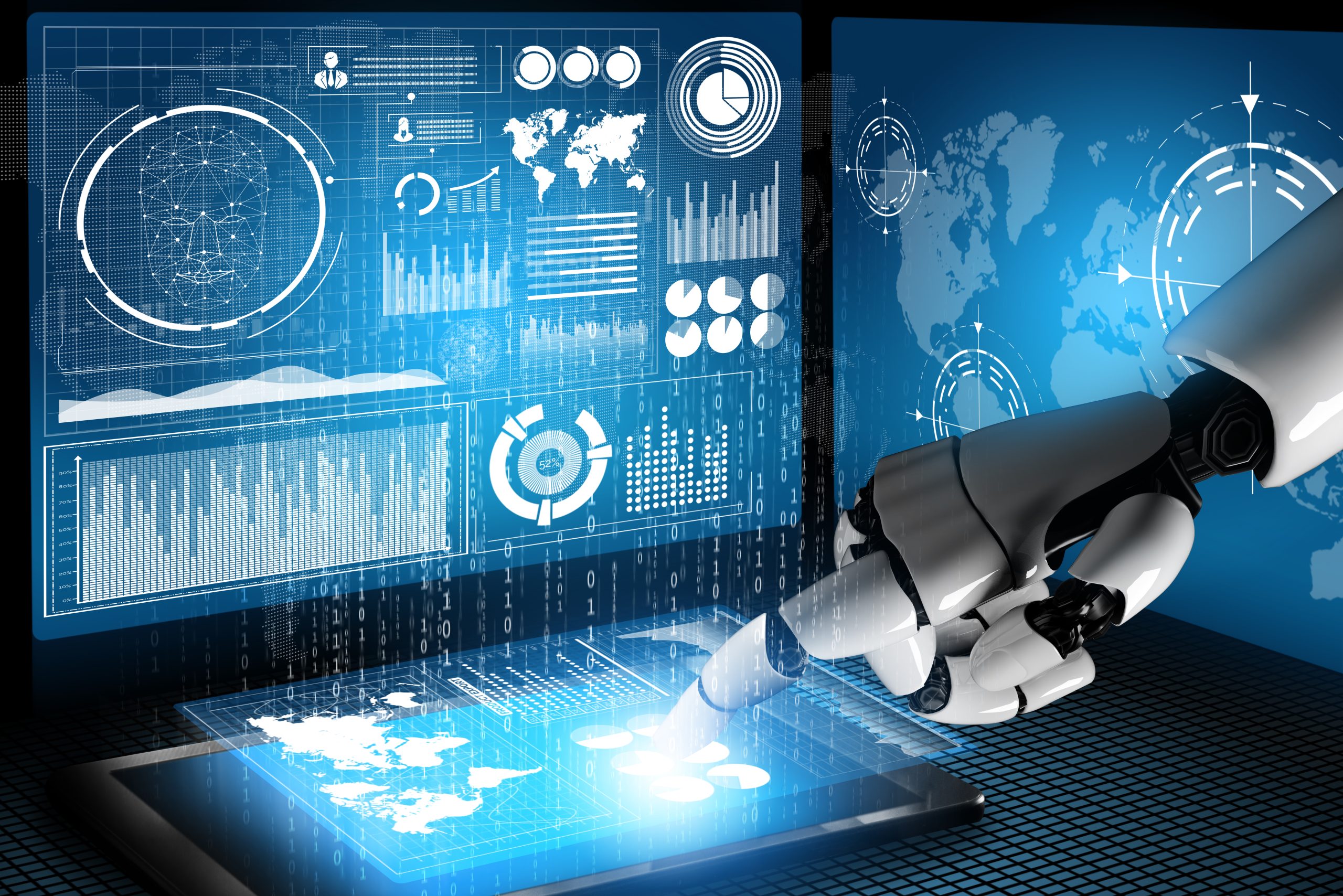
What is Automation?
Automation, on the other hand, involves the use of technology to automate repetitive or manual tasks, reducing human intervention and increasing efficiency. From robotic process automation (RPA) in manufacturing and logistics to chatbots in customer service, automation enables organizations to streamline workflows, minimize errors, and improve productivity.
“Working with the Distinkt Studios’ team on the automation project has been transformative for our business. It’s streamlined our operations beyond our expectations and we’re truly grateful for the seamless implementation. Thank you for helping us achieve our goals!”
A message from our client.
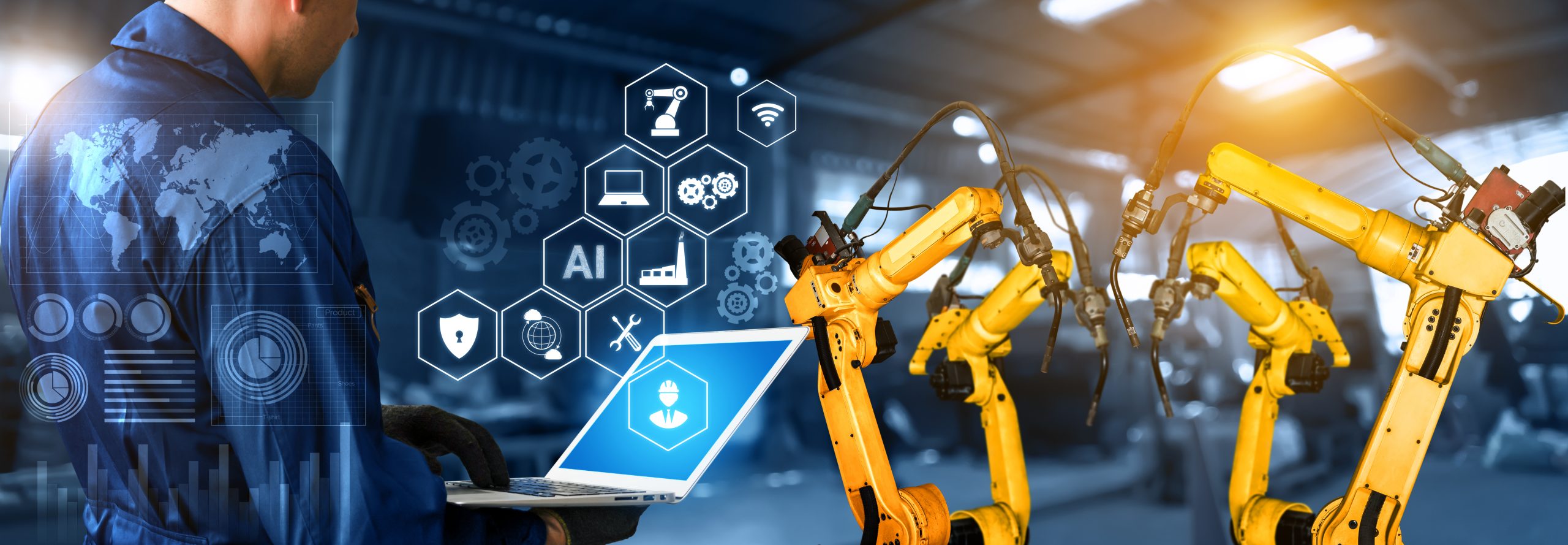
AI and Automation Together
When AI and automation converge, the result is a powerful synergy that amplifies the capabilities of both technologies. AI-powered automation systems can intelligently analyze data, identify patterns, and automate complex processes, enabling organizations to achieve unprecedented levels of efficiency and scalability. For example, in manufacturing, AI-driven robotics can optimize production lines, predict maintenance needs, and enhance product quality, leading to cost savings and faster time to market.
“In 2024, it is projected that 70% of businesses worldwide will have adopted some form of AI and automation technology to enhance their operations.”
2024 Statistics
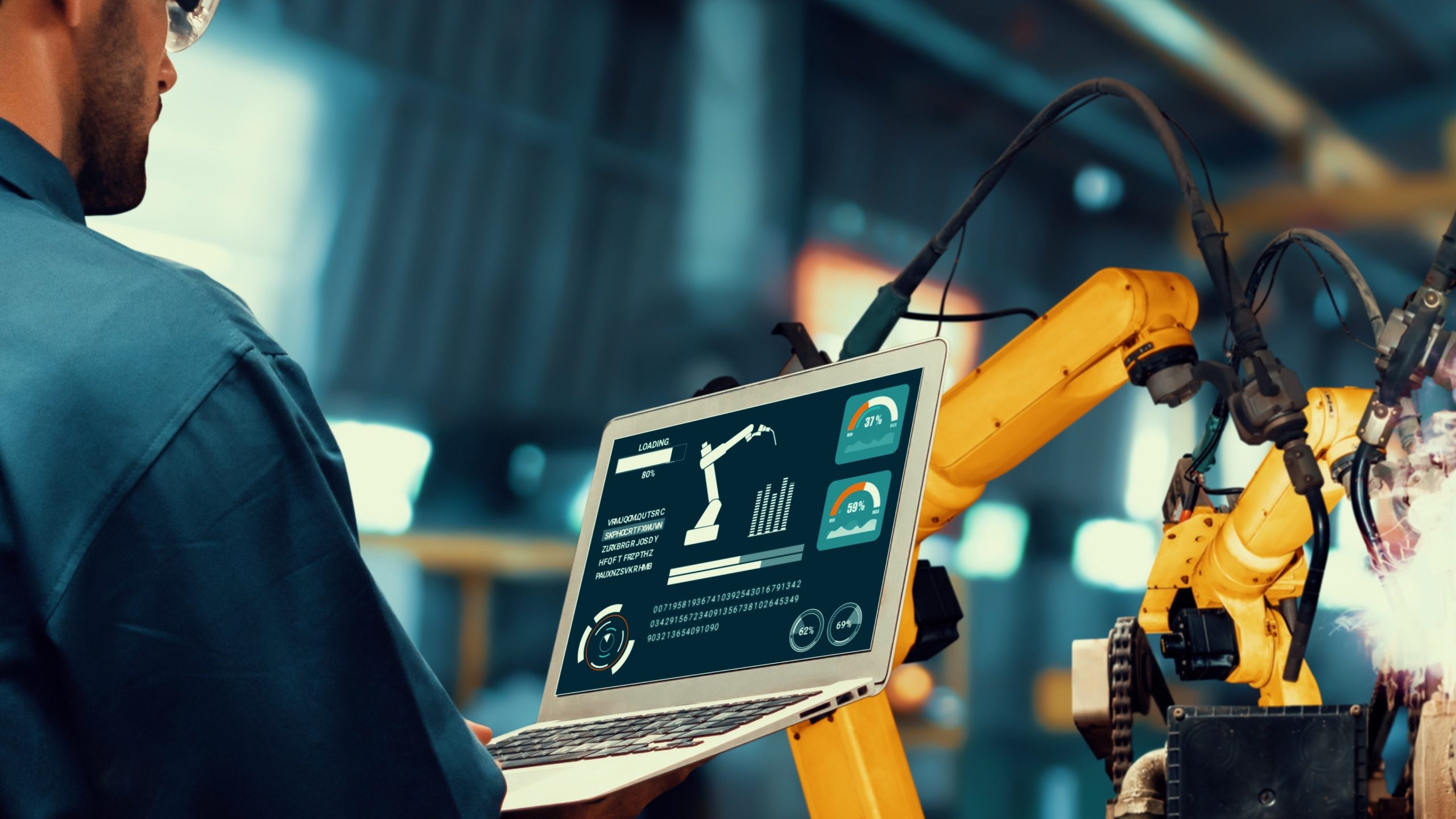
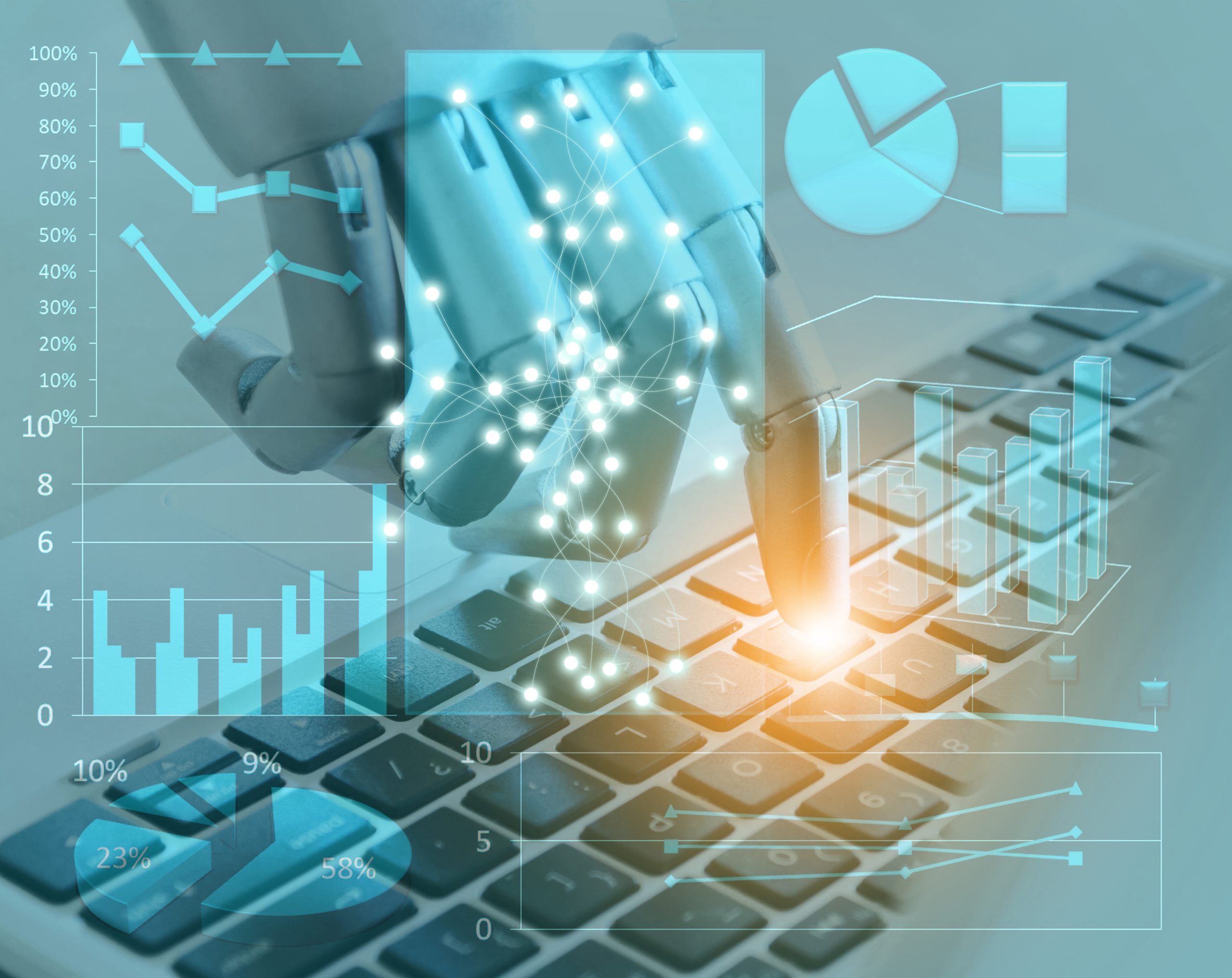
Implementation
In the field of customer service, AI-powered chatbots and virtual assistants can provide personalized support, answer inquiries, and resolve issues round the clock, improving customer satisfaction and retention. Similarly, in healthcare, AI-driven diagnostic tools can analyze medical images, detect anomalies, and assist healthcare professionals in making accurate diagnoses, ultimately saving lives, and improving patient outcomes.
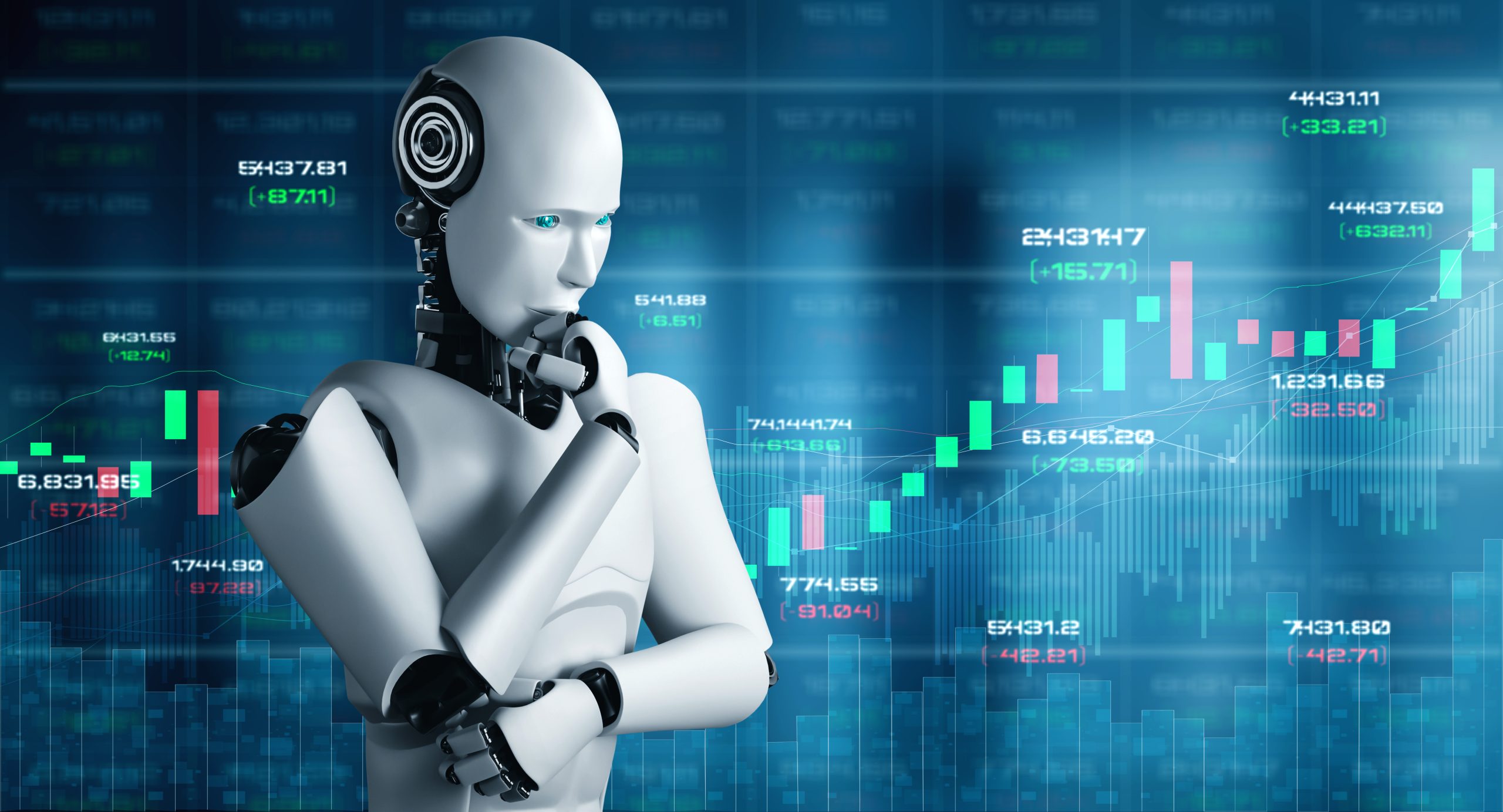
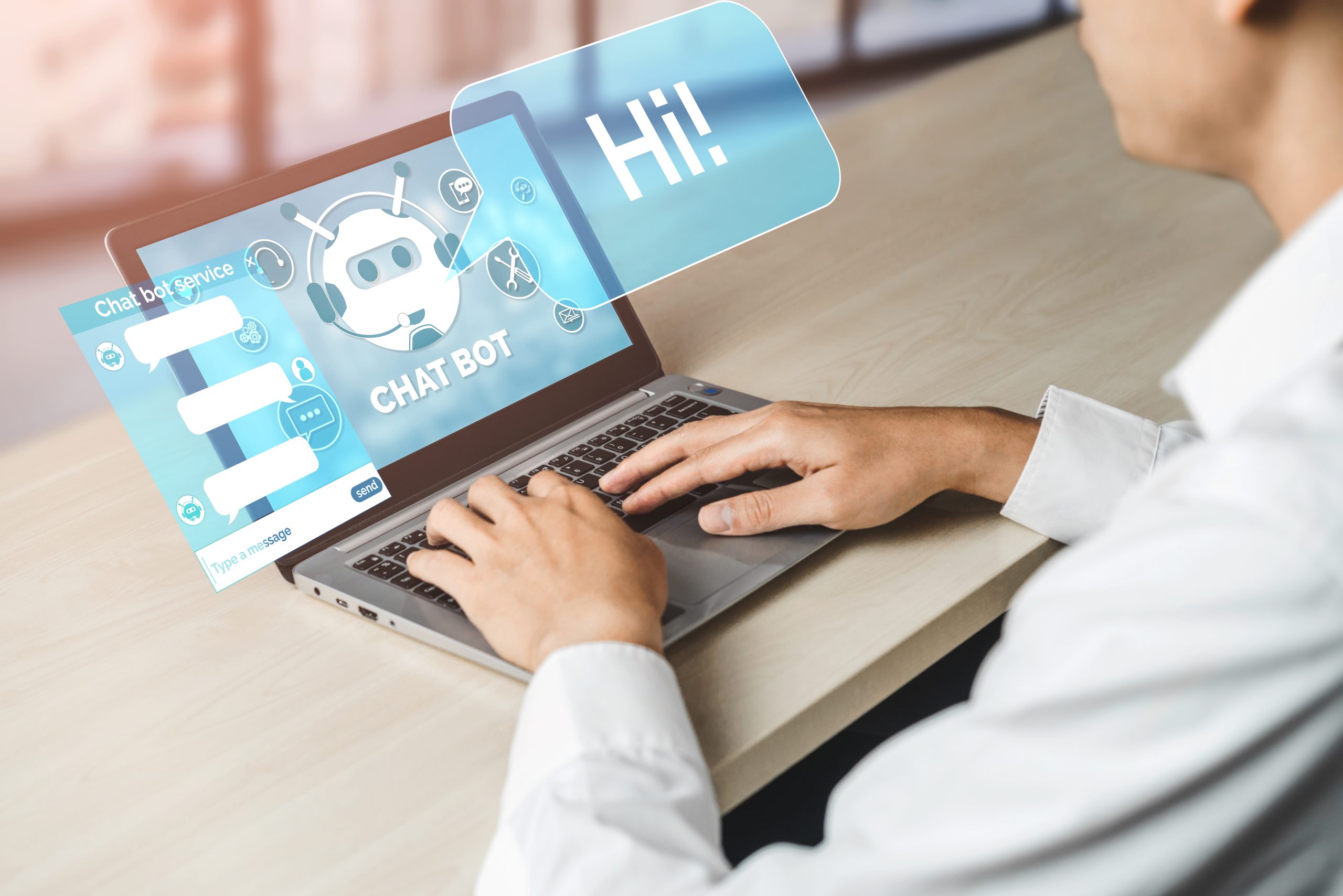
Responsible Use
The integration of AI and automation is not without its challenges. Concerns about job displacement, data privacy, and ethical implications loom large, requiring careful consideration and proactive measures to address. Organizations must prioritize responsible AI development, ensure transparency and accountability in algorithmic decision making, and invest in reskilling and upskilling initiatives to empower employees for the future of work.

Conclusion
The convergence of AI and automation represents a paradigm shift in how we approach work, innovation, and society at large. By utilizing the power of AI-driven automation, organizations can unlock new opportunities for growth, efficiency, and value creation, while also navigating the ethical and societal implications of these transformative technologies. As we continue to embrace the future, it’s essential to harness the potential of AI and automation responsibly, ethically, and inclusively, ensuring a brighter, more equitable future for all.